
On the morning of November 18, Permanent Deputy Prime Minister Nguyen Hoa Binh, Head of the Central Steering Committee for National Target Programs for the 2021-2025 period, chaired a meeting with ministries and branches on the progress of the report on investment policy proposals for the National Target Program on New Rural Development, Sustainable Poverty Reduction; and Socio -Economic Development in Ethnic Minority and Mountainous Areas for the 2026-2035 period. Also attending was Deputy Prime Minister Tran Hong Ha.
Building modern and practical new rural areas
Speaking at the opening of the meeting, Permanent Deputy Prime Minister Nguyen Hoa Binh said that the three national target programs: New rural construction, Sustainable poverty reduction, and Socio-economic development in ethnic minority and mountainous areas still have overlapping contents. Localities with programs have proposed merging the three programs for effective implementation.
The Government Standing Committee has met and passed a resolution on this issue, assigning the Ministry of Agriculture and Environment as the standing agency to develop a Government dossier integrating the three programs to report to the National Assembly for consideration and decision at the 10th Session of the 15th National Assembly.
In performing its tasks, the Ministry of Agriculture and Environment has actively participated and has so far basically completed the documents and contents as required.
Reporting at the meeting, Deputy Minister of Agriculture and Environment Vo Van Hung said that the Ministry of Agriculture and Environment and the Ministry of Ethnic Minorities and Religions co-chair the National Target Program on new rural construction, sustainable poverty reduction, and socio-economic development in ethnic minority and mountainous areas for the 2026-2035 period.
Beneficiaries of the program are communes and villages nationwide (priority is given to particularly difficult areas in ethnic minority and mountainous areas; poor communes; communes striving to meet new rural and modern new rural standards) and people, residential communities, cooperatives, cooperative groups, enterprises, and other relevant organizations nationwide.
Priority subjects include: poor households, near-poor households, households that have just escaped poverty; ethnic minority households and individuals; people living in poor communes; communes and villages in ethnic minority, mountainous and rural areas.
Public service units operating in the field of ethnic affairs; ethnic boarding schools, semi-boarding schools, primary and secondary schools, medical centers, and grassroots hospitals in ethnic minority and mountainous areas; relics and projects to preserve and promote the fine traditional cultural values of ethnic minorities associated with tourism development located in and outside the list of communes, villages, and hamlets in ethnic minority and mountainous areas are also priority subjects of the program.
The program will be implemented over 10 years, 2026-2035 period, divided into 2 phases: Phase I (2026-2030) and Phase II (2031-2035).
The general goal is to build a modern, substantial new countryside, associated with urbanization and climate change adaptation; develop the rural economy in a green, circular, ecological direction, associated with agricultural restructuring, digital transformation and innovation; promote the role of the people, communities and economic sectors; ensure national defense, security and social order and safety, especially in strategic, border and island areas.
Implement multidimensional, inclusive and sustainable poverty reduction, ensure social security, gender equality, improve income, quality of life and access to basic services for people.
Comprehensively develop ethnic minority and mountainous areas; narrow the development gap between regions, areas, and population groups, especially ethnic minority and mountainous areas compared to other regions; strengthen the great national unity bloc, enhance the trust of ethnic people in the Party and State, preserve and promote the fine cultural identity of ethnic minority communities.
The target by 2030 is that the average income of rural people will increase 2.5-3 times compared to 2020. In particular, the average income of ethnic minorities will be half of the national average. The multidimensional poverty rate of the whole country will maintain a decrease of 1-1.5%/year.
By 2035, the average income per capita in rural areas will increase at least 1.6 times compared to 2030; the average income of ethnic minorities will be 2/3 of the national average. The multidimensional poverty rate of the whole country will maintain a reduction of 1 to 1.5%/year according to the poverty standard for the period 2031-2035...
Focus on ethnic minority and most disadvantaged areas
According to Deputy Prime Minister Tran Hong Ha, integrating three programs into one program will bring higher efficiency in implementing the set goals of building and developing the socio-economy in rural areas, ethnic minority and mountainous areas.

The Deputy Prime Minister requested that the agency in charge of the development continue to clarify, review, and correctly identify the targets for localities to focus on implementation, including strong investment in cultural development, health care, education, poverty reduction, and natural disaster prevention and mitigation in disadvantaged areas.
Affirming that the Party and State have no other goal than to make the people rich, the country strong, and the people have an increasingly prosperous and happy life, Permanent Deputy Prime Minister Nguyen Hoa Binh emphasized that it is necessary to unify the perception that integrating programs does not mean there is no ethnic policy.
Integration is not to reduce preferential policies but preferential policies will increase in all aspects.
The First Deputy Prime Minister analyzed that the core poor area is the ethnic minority area, so the poverty reduction program focuses on this area. The construction of new rural areas should be done nationwide, but now the general level of the whole country has improved, so the remaining investment should only be focused on ethnic minority areas, the most difficult areas.
When integrated, it can be understood as increasing investment in disadvantaged areas. Instead of previous programs implemented until 2030, this Program lasts until 2035 and after 2035, it is expected that there will be other contents and policies.
The Deputy Prime Minister highly appreciated the efforts, positivity and urgency of the Ministry of Agriculture and Environment in the process of preparing the Project under the direction of the Government; requested to receive opinions from ministries to supplement and complete the Project.
The project is not spread out, but focuses on key issues, creating momentum for the entire program; removing difficulties and bottlenecks.
'The objectives and contents must not overlap in the overall content of the Program as well as in other projects and regulations. The tasks must be clear, easy to understand, easy to do, easy to implement, and highly feasible; ensuring that the objectives and requirements are higher than before and must be done better,' the Deputy Prime Minister stated.
Along with that, the Deputy Prime Minister requested the Ministry of Agriculture and Environment to absorb opinions to soon complete the program's Project to send to the National Assembly for appraisal, and requested that National Assembly agencies closely coordinate with Government agencies to complete it.
After being approved by the National Assembly, ministries, branches and localities must focus on effectively implementing the program and overcoming the limitations and problems that have arisen in the past.
According to VNASource: https://baohaiphong.vn/tap-trung-cho-vung-dong-bao-loi-ngheo-cua-ca-nuoc-527059.html










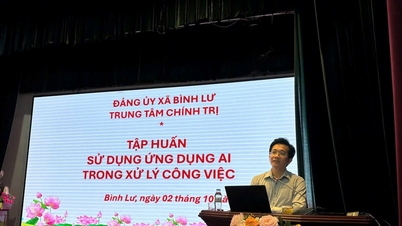

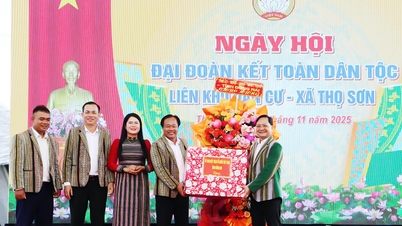

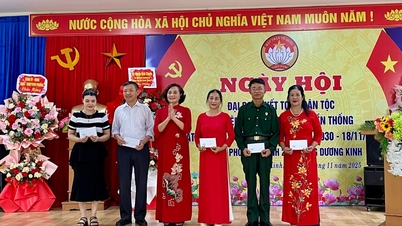
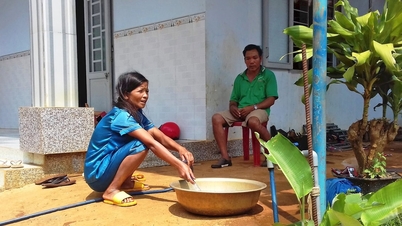

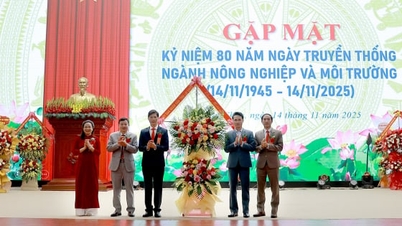



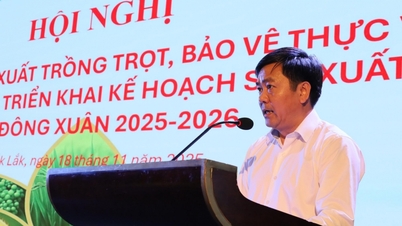





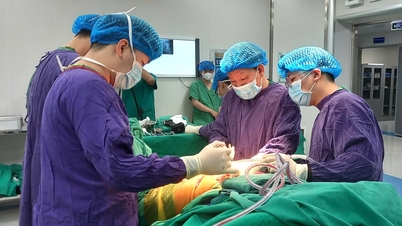





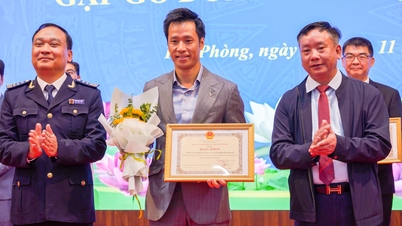


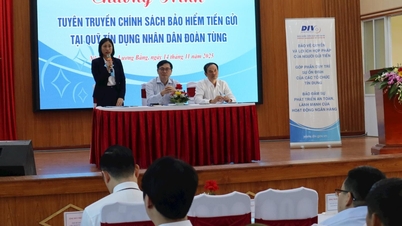

![[Photo] General Secretary To Lam and National Assembly Chairman Tran Thanh Man attend the 80th Anniversary of the Traditional Day of the Vietnamese Inspection Sector](https://vphoto.vietnam.vn/thumb/1200x675/vietnam/resource/IMAGE/2025/11/17/1763356362984_a2-bnd-7940-3561-jpg.webp)




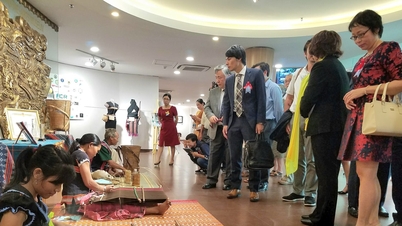









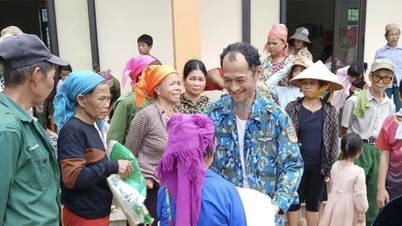











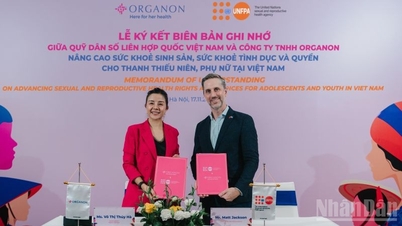










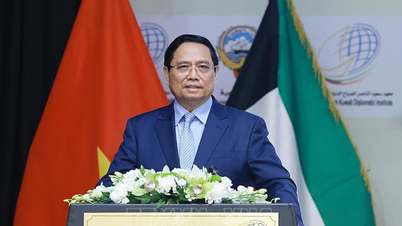















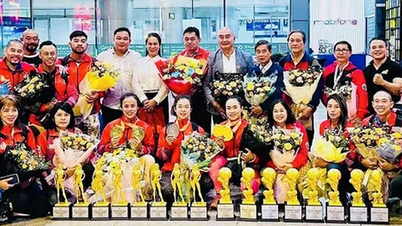



















Comment (0)